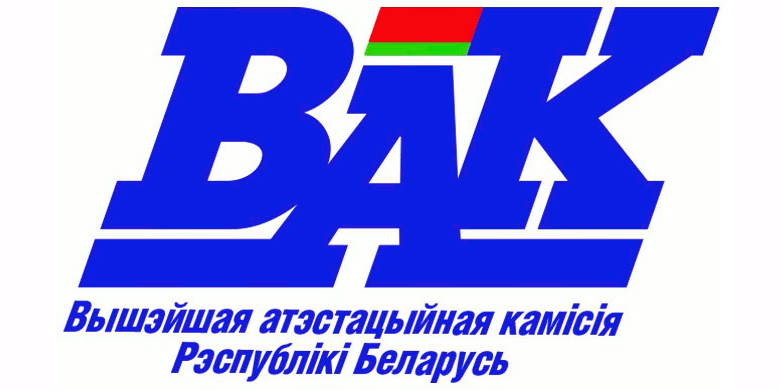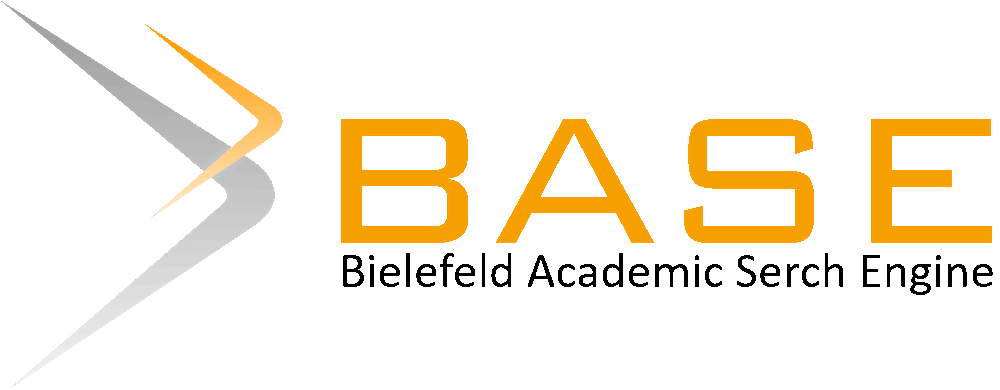Многоцелевая имплементация бухгалтерского учета в системе корпоративного управления.
Аннотация
В статье обоснована теория многоцелевого бухгалтерского учета – учетной системы, обеспечивающей разнообразные информационные потребности как внешних, так и внутренних пользователей, что требует пересмотра предмета, принципов и метода традиционного бухгалтерского учета. Доказана логика создания единого информационного поля как результата многовекторной реализации информационной функции современного бухгалтерского учета.Ключевые слова: бухгалтерский учет, многофункциональная учетная система, пользователи информации, корпоративное управление. = The theory of multipurpose accounting – the accounting system providing various information needs of both external and internal users requiring browsing the subject, principles and method of the traditional accounting has been justified in the article. The logic of forming the unified information field because of multi–vector implementation of infor-mation function of modern accounting has been proved. Key words: accounting, multifunctional accounting, users of information, corporative management.Библиографические ссылки
Соколов, Я.В. Национальные школы бухгалтерского учета / Я.В.Соколов : Интернет – ресурс для бухгалтеров [ Электронный ресурс] . – Режим доступа : http / / buh.ru / document.jsp ? ID = 385.
Легенчук, С.Ф. Теория и методология бухгалтерского учета в условиях постиндустриальной экономики [текст]: Монография / С.Ф. Легенчук. – М.: ЖГТУ, 2010. – 652 с.
Легенчук, С. Новый подход к структуре бухгалтерского учета / С.Легенчук Бухгалтерский учет и аудит. – 2010. – № 10. – С. 24.
Бухгалтерский учет в Украине: анализ и перспективы развития [текст]: Монография / С.Ф. Глав. – К.: Центр учебной литературы , 2007. – 522 с.
Голов, С. Теория многоцелевого бухгалтерского учета / С.Голов / Бухгалтерский учет и аудит. – 2011. – № 4. – С. 12 .
Чумаченко, Н.Г. Бухгалтерский учет: прошлое, настоящее ... будущее ? / Н.Г.Чумаченко / В мире бухгалтерского учета. – 1997. – С. 2 –12
Загрузки
Как цитировать
Выпуск
Раздел
Лицензия
Автор предоставляет Редакции журнала на весь срок действия исключительных прав на Произведение следующие права:
1. право на воспроизведение Произведения (опубликование, обнародование, дублирование, тиражирование или иное размножение Произведения) без ограничения тиража экземпляров. При этом каждый экземпляр Произведения должен содержать имя автора Произведения;
2. право на распространение Произведения любым способом;
3. право на включение в составное произведение;
4. право на доведение до всеобщего сведения;
5. на использование метаданных (название, имя автора (правообладателя), аннотации, библиографические материалы и пр.) Произведений путем распространения и доведения до всеобщего сведения, обработки и систематизации, а также включения в различные базы данных и информационные системы.
6. право переуступить на договорных условиях частично или полностью полученные по настоящему договору права третьим лицам без выплаты Автору вознаграждения.
Автор передает права Редакция журналау по настоящему Договору на основе неисключительной лицензии.
Редакция журнала обязуется соблюдать предусмотренные действующим законодательством авторские права, права Автора, а также осуществлять их защиту и принимать все возможные меры для предупреждения нарушения авторских прав третьими лицами.
Территория, на которой допускается использование прав на Произведения, не ограничена.
Автор также предоставляет Редакция журналау право хранения и обработки следующих своих персональных данных без ограничения по сроку:
• фамилия, имя, отчество;
• дата рождения;
• сведения об образовании;
• сведения о месте работы и занимаемой должности;
• сведения о наличии опубликованных произведений литературы, науки и искусства.
Персональные данные предоставляются для их хранения и обработки в различных базах данных и информационных системах, включения их в аналитические и статистические отчетности, создания обоснованных взаимосвязей объектов произведений науки, литературы и искусства с персональными данными и т.п.
Редакция журнала имеет право передать указанные данные для обработки и хранения третьим лицам при условии уведомления о таком факте с предоставлением сведений о третьем лице (наименование и адрес) Автору.
Отзыв согласия на хранение и обработку персональных данных производится Автором путем направления соответствующего письменного уведомления Редакции журнала.
Автор и Редакция журнала несут в соответствии с действующим законодательством Республики Беларусь имущественную и иную юридическую ответственность за неисполнение или ненадлежащее исполнение своих обязательств.
Сторона, ненадлежащим образом исполнившая или не исполнившая свои обязанности, обязана возместить убытки, причиненные другой Стороне, включая упущенную выгоду.
Все споры и разногласия Сторон, вытекающие из условий настоящего Договора, подлежат урегулированию путем переговоров, а в случае их безрезультатности, указанные споры подлежат разрешению в суде в соответствии с действующим законодательством Республики Беларусь.
Расторжение настоящего соглашения возможно в любое время по обоюдному согласию Сторон, с обязательным подписанием Сторонами соответствующего соглашения об этом.
Расторжение настоящего соглашения в одностороннем порядке возможно в случаях, предусмотренных действующим законодательством, либо по решению суда.
Во всем, что не предусмотрено настоящим соглашением, Стороны руководствуются нормами действующего законодательства Республики Беларусь.















.gif)
